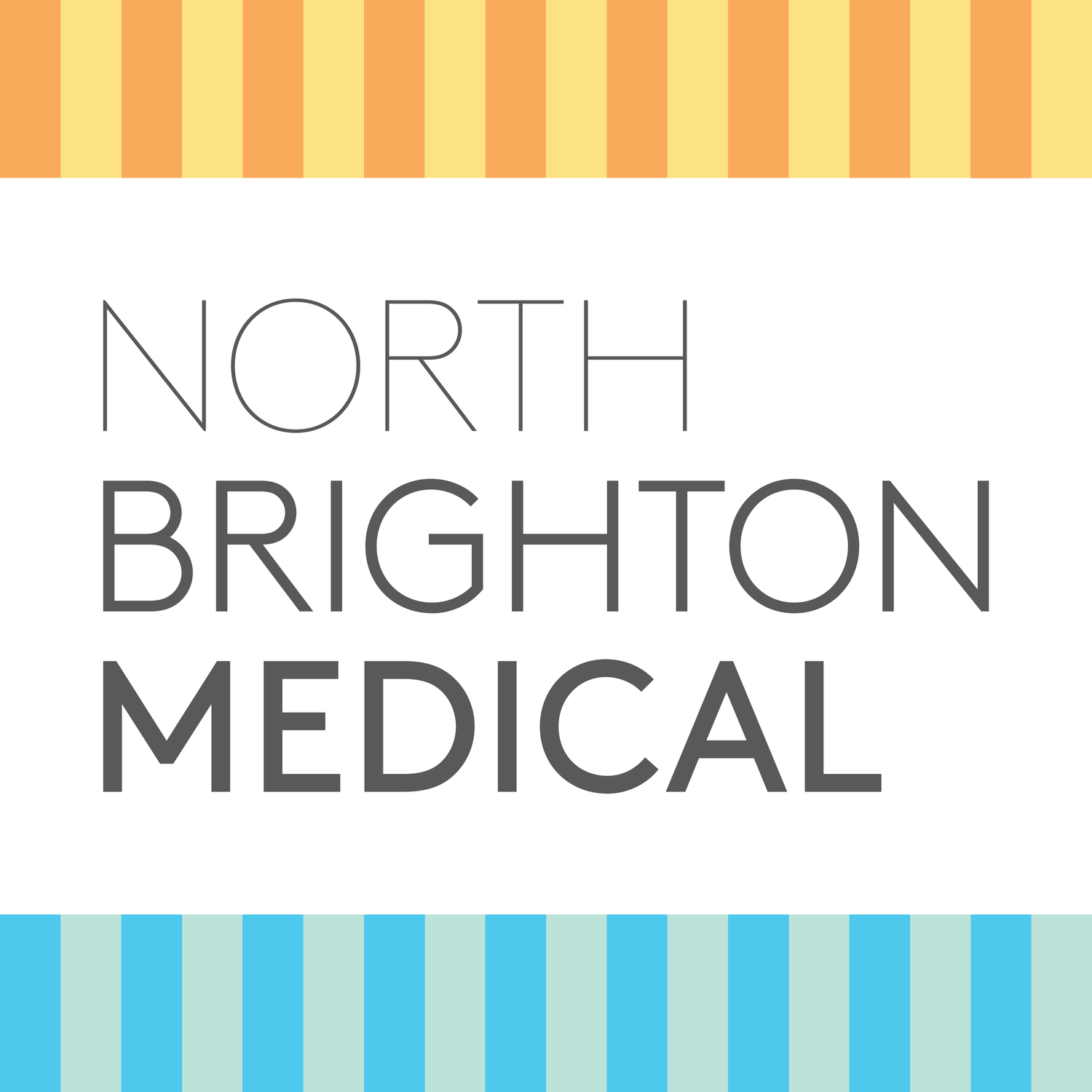Travel broadens horizons, but health risks can come as unintended travel companions. Planning ahead is key to staying safe, avoiding illness, and ensuring your trip is smooth. This checklist helps you cover all the important health, vaccine, and safety bases before you fly.
Why a Pre-Travel Health Check Matters
Even healthy travellers can encounter unfamiliar diseases and risks abroad. A consultation with your GP ensures you are up to date on routine vaccines, protected against destination-specific illnesses, and prepared for any health challenges. At North Brighton Medical Centre, our doctors provide tailored travel medicine advice and vaccinations to help you stay well on your journey.
When to Start Planning
6-12 weeks before departure
See your GP for a travel health consultation. This allows enough time to complete multi-dose vaccines like hepatitis or Japanese encephalitis.4-6 weeks before
Finalise booster doses, ensure prescriptions are filled, and confirm travel insurance.Less than 4 weeks before
It’s still worth seeing your doctor. Some protection is better than none, and you’ll receive advice on safe travel practices.
Vaccination Checklist
Speak to your GP about the right vaccines for your itinerary, activities and health history. Commonly recommended vaccines include:
Routine vaccines: Ensure you’re up to date on measles, mumps, rubella, polio, and tetanus.
COVID-19: Stay current with your COVID-19 vaccinations.
Influenza: A yearly flu vaccine reduces risk while travelling, especially in crowded places.
Hepatitis A & B: Important if travelling to areas with limited sanitation or higher infection rates.
Typhoid: Recommended for travel to regions with food and water hygiene risks.
Yellow fever: Required by some countries for entry.
Japanese encephalitis or rabies: Depending on activities and destinations.
Children’s vaccines: Make sure your child’s routine immunisations are up to date. See our Children’s Health & Immunisation page, or read our news post on Travel vaccinations for children overseas.
Safety & Health Checklist Before You Fly
Beyond vaccines, many health risks can be managed with preparation:
Medical check-up: Book a consultation for a general review, especially if you live with a chronic condition.
Medications & prescriptions: Carry medicines in original packaging along with a doctor’s letter. Check legal restrictions in your destination.
Travel insurance: Choose cover that includes medical expenses, evacuation and existing conditions.
Travel medical kit: Include essentials such as pain relief, antihistamines, dressings, and insect repellent.
Food, water & hygiene precautions: To avoid contagious diseases, only consume safe water and cooked food.
Sun protection and climate preparation: Pack sunscreen, protective clothing, and understand the local environment.
Emergency planning: Carry copies of important documents, vaccination records, and know how to access medical help abroad.
Quick Checklist Summary
☐ Book a travel consultation 6-12 weeks before departure
☐ Update routine and destination-specific vaccines
☐ Organise medication supply and documentation
☐ Arrange comprehensive travel insurance
☐ Pack a travel health kit
☐ Prepare for local climate and health risks
☐ Carry vaccination and medical records
How North Brighton Medical Centre Can Help
At North Brighton Medical Centre, our doctors provide:
Personalised travel medicine consultations
Vaccinations for routine and destination-specific requirements
Advice on managing medications, packing safely, and staying healthy while travelling
If you’re planning a trip, book your appointment at least six weeks before departure so you’re fully prepared.
Disclaimer: The information in this blog is for general educational purposes only and should not be taken as medical advice. It is not a substitute for professional diagnosis, treatment, or care. Always seek the guidance of your doctor or other qualified healthcare professional with any questions you may have regarding your health or medical condition.

